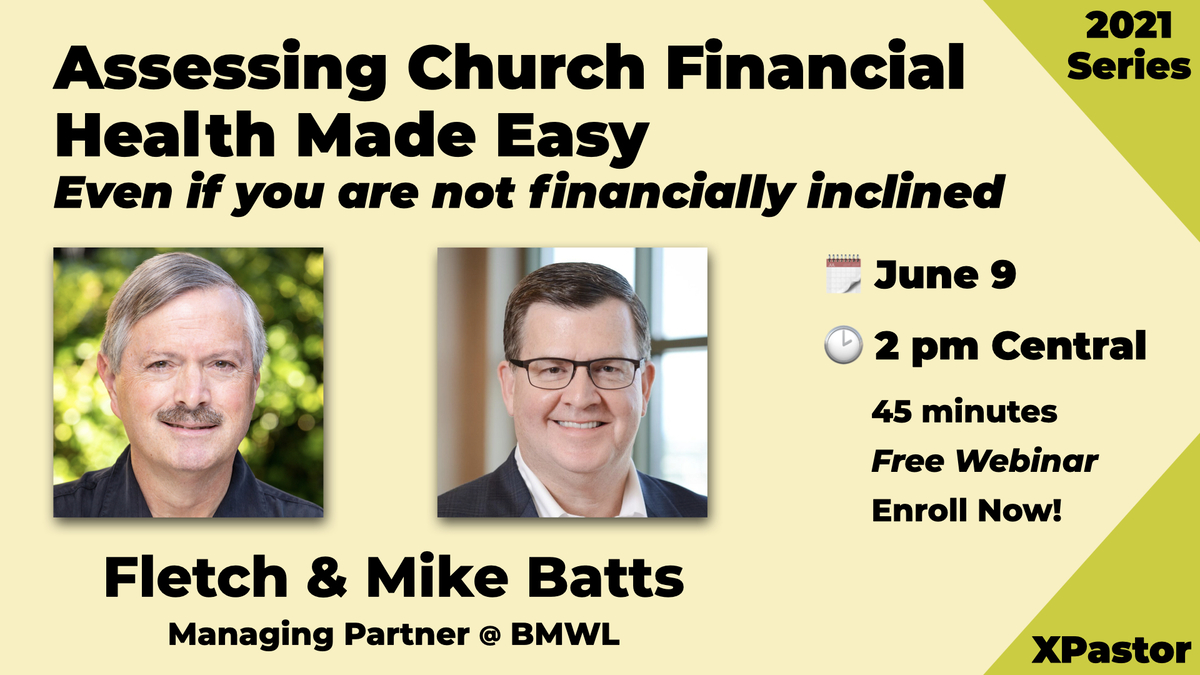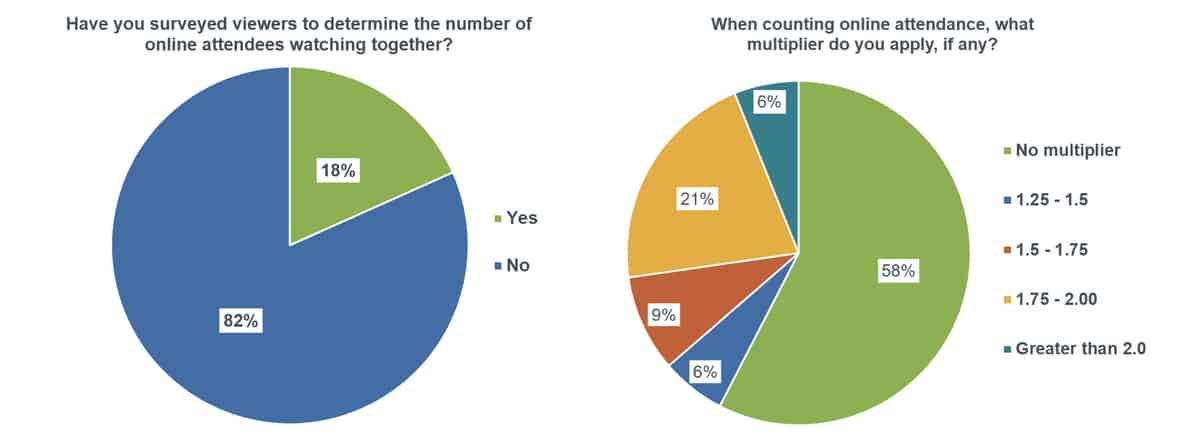Tuesday, February 26, 2019
Hey Fletch… We have a widow in our church that is going through serious medical challenges. She has exhausted her financial resources. Several wealthy members of the congregation want to financially support her. Here’s the rub: They want to provide the support through the church so they can be anonymous, as well as receive an IRS deduction.
DRF—This is the fourth in a series of questions floating out there about restricted gifts to churches. I’ve consulted with my friend Dan Busby, President of the Evangelical Council for Financial Accountability. Here are his thoughts.
Dan—This is a frequent scenario many churches face. We are certainly called to support one another in the body of Christ, but my Bible does not say we are to support widows only if we receive a tax deduction for the support.
There is no basis in the tax law for a giver to receive a charitable gift deduction for making a gift to a church earmarked for the benefit of a specific individual. The IRS considers this a prohibited conduit transaction. Churches should refuse to accept gifts of this nature.
A giver can make a gift designated (restricted) for the church’s benevolence fund but is not eligible to receive a charitable gift acknowledgment if the donor specifies an individual or individuals who must receive that benevolence support. Under a properly functioning benevolence program, the church board or a board-designated committee should decide on benevolence recipients based on the church’s benevolence policy. Here is a sample copy of a benevolence policy.
If a member of a congregation desires to provide financial assistance to a specific person, they can make a gift directly to the person. If anonymity is desired, many crowdfunding platforms allow people to make gifts anonymously.
To learn more about benevolence and designated (restricted) gifts, get free access to more resources at: ChurchExcel.org or get a copy of The Guide to Charitable Giving for Churches and Ministries.











